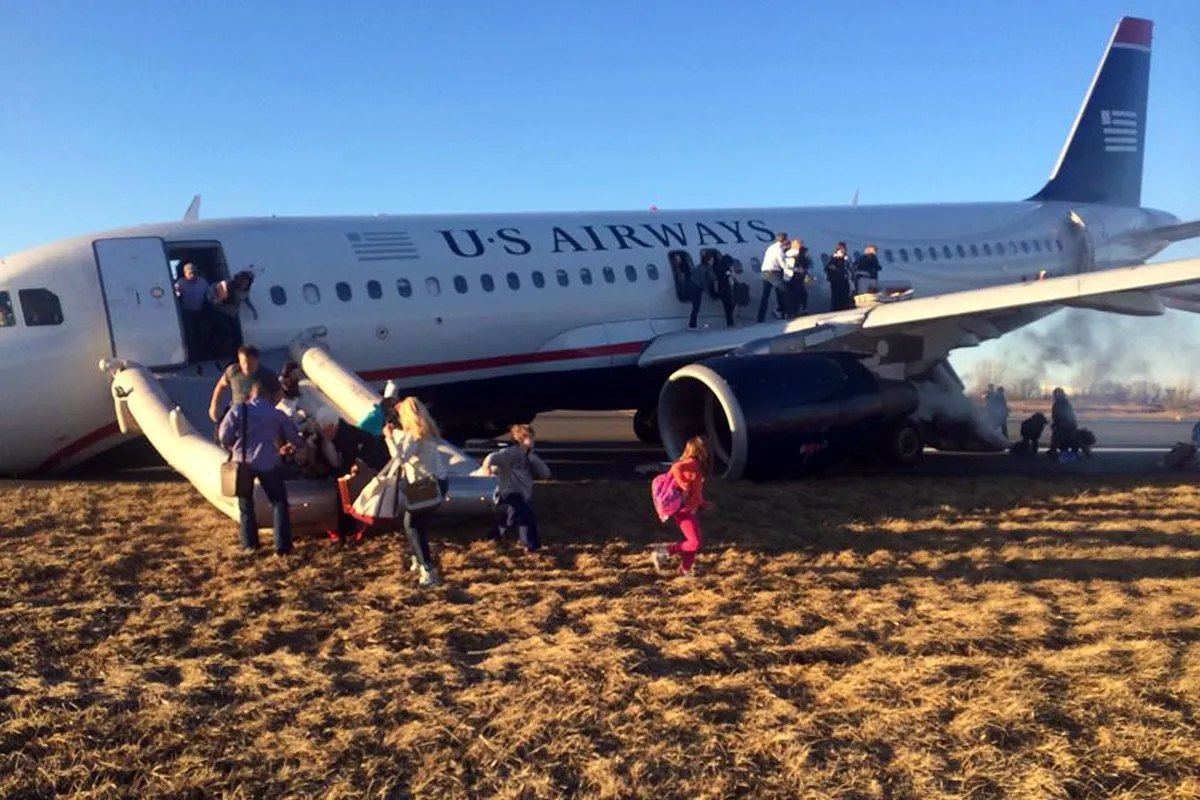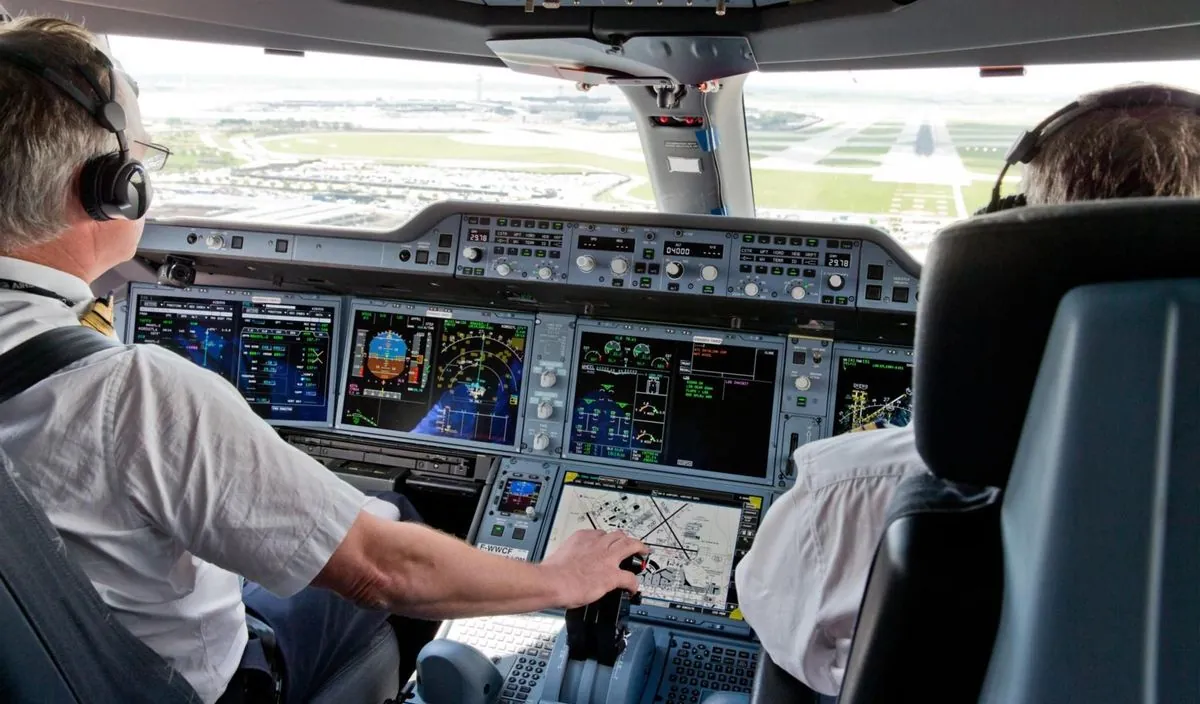Alaska Airlines Aborts Takeoff to Avoid Collision at Nashville Airport
An Alaska Airlines flight halted takeoff to prevent a potential collision with a Southwest Airlines jet at Nashville International Airport. The FAA is investigating the incident.

One year ago, on September 12, 2023, a potential aviation incident was averted at Nashville International Airport when an Alaska Airlines flight aborted its takeoff to avoid a possible collision with a Southwest Airlines aircraft. The Federal Aviation Administration (FAA) has launched an investigation into the occurrence.
Alaska Airlines Flight 369, carrying 176 passengers and six crew members, had received clearance for takeoff from air traffic control. However, the pilots made the swift decision to abort the takeoff due to a potential traffic conflict on the runway. This quick action by the flight crew demonstrates the rigorous safety protocols and emergency procedures that are an integral part of pilot training.

The incident involved Southwest Airlines Flight 2029, which had been cleared to cross the end of the same runway. This situation highlights the complex choreography of aircraft movements at busy airports and the critical role of air traffic controllers in managing these operations.
Founded in 1932 as McGee Airways, Alaska Airlines has grown to become the fifth-largest airline in the United States by fleet size and passengers carried. The airline's main hub is Seattle-Tacoma International Airport, which was the intended destination for Flight 369. Following the aborted takeoff, passengers were transferred to a new aircraft to continue their journey.
Southwest Airlines, the world's largest low-cost carrier, began operations in 1971 and has since become a major player in the U.S. aviation industry. Both airlines operate in a sector that prioritizes safety while facing challenges such as reducing carbon emissions and maintaining efficient operations.
The FAA, established in 1958, oversees all aspects of civil aviation safety in the United States. Runway incursions, like the one narrowly avoided in this incident, remain a significant safety concern in the aviation industry. Modern airliners are equipped with sophisticated collision avoidance systems, but the human element in both the cockpit and control tower remains crucial.
Nashville International Airport, which opened in 1937 as Berry Field, has seen its share of aviation history. This incident serves as a reminder of the ongoing need for vigilance and adherence to safety protocols in air travel, which statistically remains one of the safest forms of transportation.
As the investigation continues, this event will likely contribute to the continuous improvement of aviation safety measures, building upon the legacy of aviation pioneers like the Wright brothers, who made the first sustained, controlled, powered aircraft flight in 1903.


































